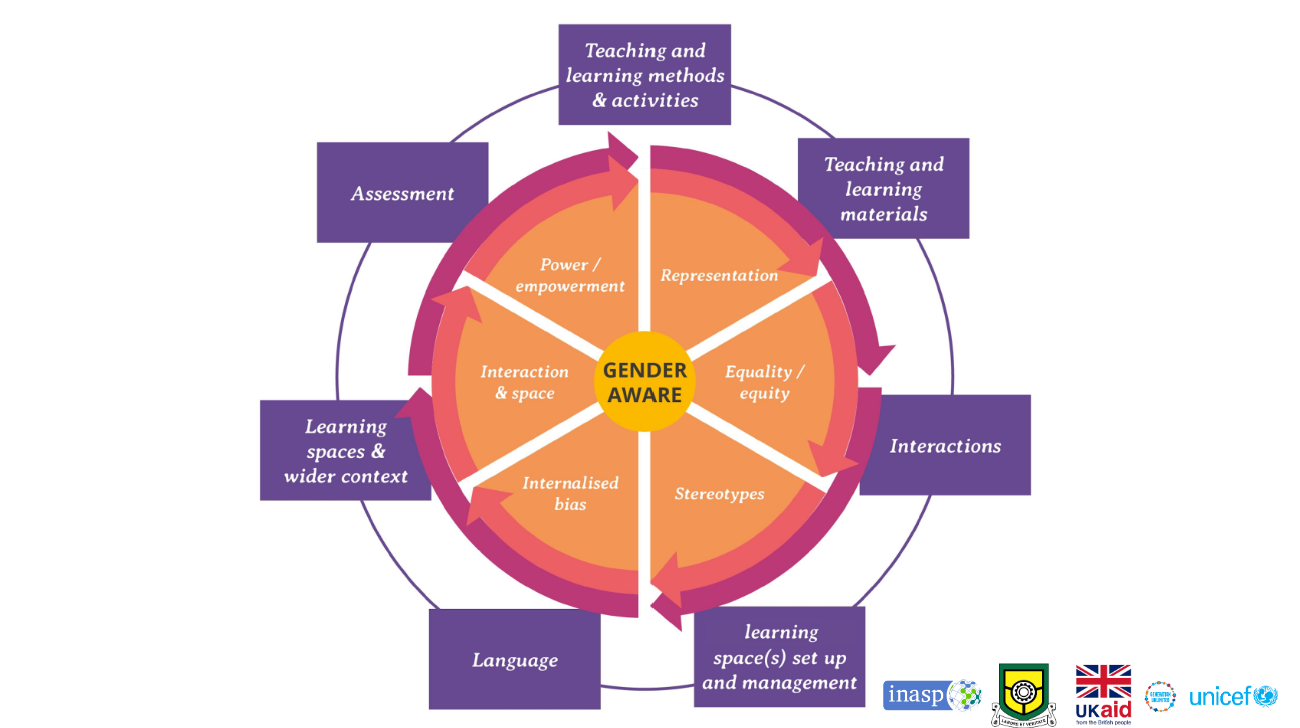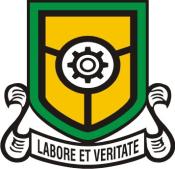
Girls Education and Skills Partnership (GESP) Project
Nigeria is regarded as Africa’s largest information and communications technology (ICT) market. This offers vast opportunities for job creation. Yet many Nigerians work in the informal sector performing low-skilled and low-paying tasks that do not add up to regular employment. At the same time, a disconnect between educational institutions and industrial and socio-economic needs means that many thousand learners leave education without the skills that will enable them to find or create and progress in a job.
Women and girls face additional barriers to succeeding in education and subsequent employment including often being offered or choosing gender-stereotypical and lower paying skills training and occupations, male dominated educational and learning spaces, and a lack of women role models in STEM and ICT-related courses and fields.
Girls Education and Skills Partnership (GESP) project at Yaba College of Technology – part of the Girls’ Education Skills Partnership (GESP) programme – will improve the livelihoods and future opportunities of 5,250 young women and girls by providing them with industry-relevant skills in ICT related sectors.
The project is led by Yaba College of Technology. The GESP programme is funded by the UK Foreign, Commonwealth and Development Office (FCDO) in partnership with UNICEF
Girls Education and Skills Partnership (GESP) project at Yaba College of Technology project uses an industry-academic partnership model where trainees learn a trade alongside experienced businesspeople while also gaining an academic qualification.
INASP’s role in this project is to equip the TVET teachers and businesspeople, who will be training the young women and girls, with skills and knowledge in gender responsive pedagogy so that they can create more inclusive learning spaces and improve the learning experience for their learners. This ensures that the training the young women and girls receive will be responsive to their needs and enable them to succeed in their education and ultimately in the world of ICT and business.
To do this we will:
- Adapt our approach to integrating gender responsive pedagogy in university education and learning and online learning to the TVET context in Nigeria
- Develop and provide online and in-person training in gender responsive pedagogy for the TVET teachers and businesspeople involved in the project
- Provide follow up support as the TVET teachers and businesspeople implement the learning from the training and work to create a more inclusive learning space for their learners



